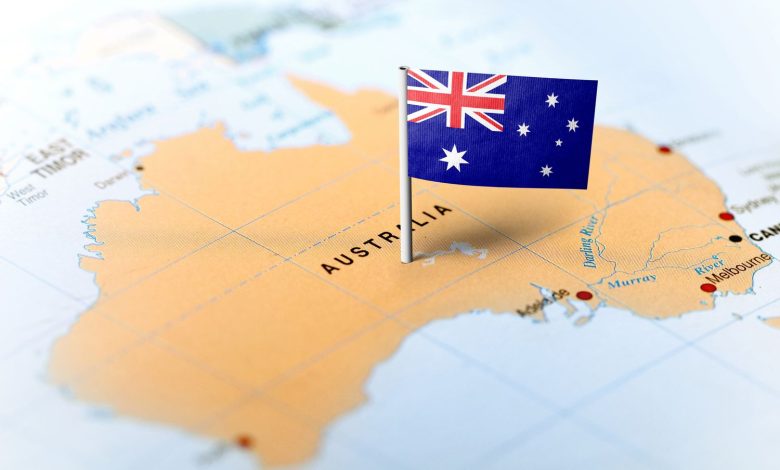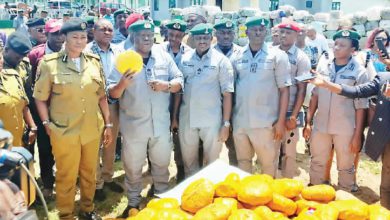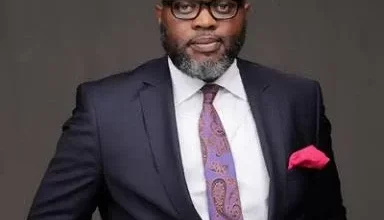
Australia’s defence department will strip its buildings of Chinese-made security cameras to ensure they are “completely secure”, the government said on Thursday.
It follows similar moves in the United States and Britain, which have taken measures to stop government departments installing Chinese-made cameras at sensitive sites.
Both countries have expressed fears that Chinese companies could be forced to share intelligence collected by the cameras with Beijing’s security services.
At least 913 Chinese-made cameras have been installed across more than 250 Australian government buildings, according to official figures compiled by opposition politician James Paterson.
This includes offices and facilities belonging to the departments of defence, foreign affairs and finance, as well as the attorney-general’s department.
Australian Defence Minister Richard Marles said officials would hunt down and remove all Chinese-made security cameras within its buildings.
“It’s a significant thing that’s been brought to our attention and we’re going to fix it,” he told national broadcaster ABC.
“It’s important that we go through this exercise and make sure that our facilities are completely secure.”
The government-funded national War Memorial — a sprawling 14-hectare (35 acres) complex in the capital Canberra — also confirmed it would remove a small number of Chinese-made cameras through an “abundance of caution”.
Other government agencies declined to comment, or referred back to Marles’ statements.
Paterson, a vocal critic of the Chinese government, had said Australian government buildings were “riddled” with “spyware”, and that every Chinese-made camera should be urgently ripped out.
The cameras were made by companies Hikvision and Dahua, which have been blacklisted in the United States for allegedly helping the Chinese government carry out a “campaign of repression”.
According to the US Department of Commerce, Hikvision and Dahua have been implicated in the “high-technology surveillance” of the Uyghur minority in the Xinjiang region.
The US banned the importation of surveillance equipment made by the two companies in November last year because it posed “an unacceptable risk to national security”.
In Britain, a group of 67 MPs and lords called for the government to ban Hikvision and Dahua in July last year, following reports their equipment had been used to track Uyghurs.
It was a Hikvision CCTV camera that caught former health secretary Matt Hancock kissing an aide in violation of Covid rules in June 2021, leading to his resignation.
Hikvision said it was “categorically false” to paint the company as “a threat to national security”.
“No respected technical institution or assessment has come to this conclusion,” the company told AFP in a statement.
“Our products are compliant with all applicable Australian laws and regulations and are subject to strict security requirements.”
Australia in 2018 was one of the first countries in the world to block Chinese telco Huawei from its 5G cellphone network.
Former Prime Minister Malcolm Turnbull, who made the decision, said it would help Australia “defend our own sovereignty”.
Similar Huawei bans are now in place in the US, Britain and Canada — which along with New Zealand and Australia form the secretive Five Eyes spying alliance.
Australia’s centre-left government has been trying to repair its relationship with China since coming to power in May last year.
China slapped hefty tariffs on key Australian exports in 2020 at the height of a bitter dispute with the former conservative government.
AFP



